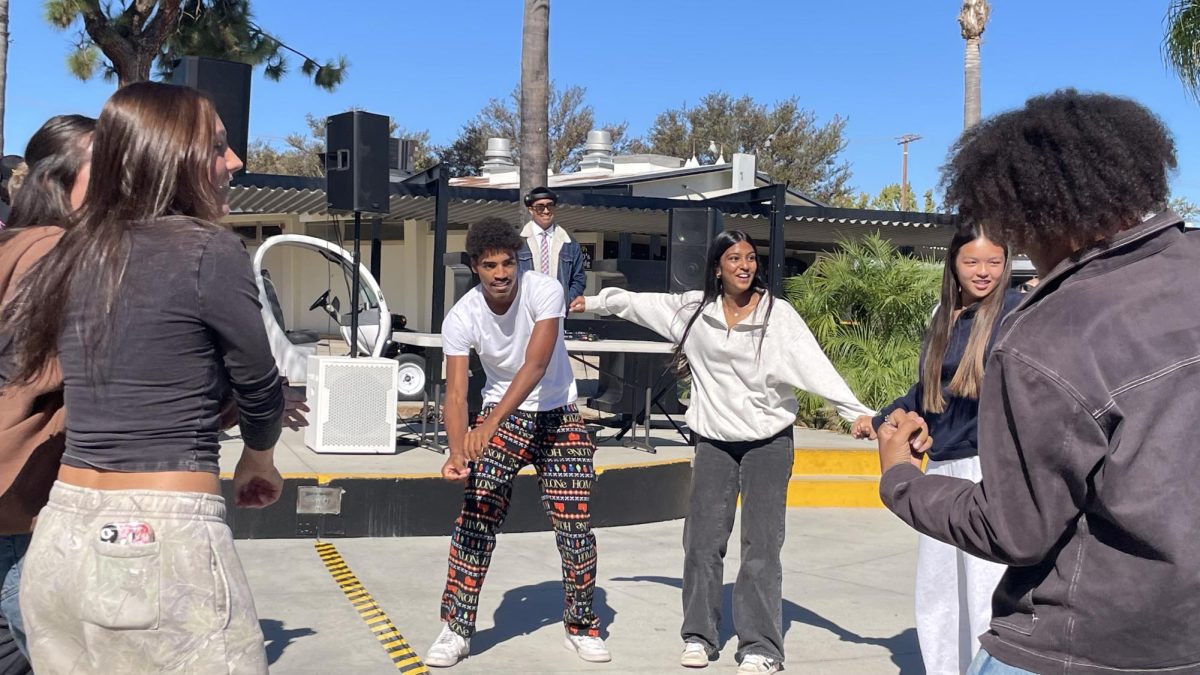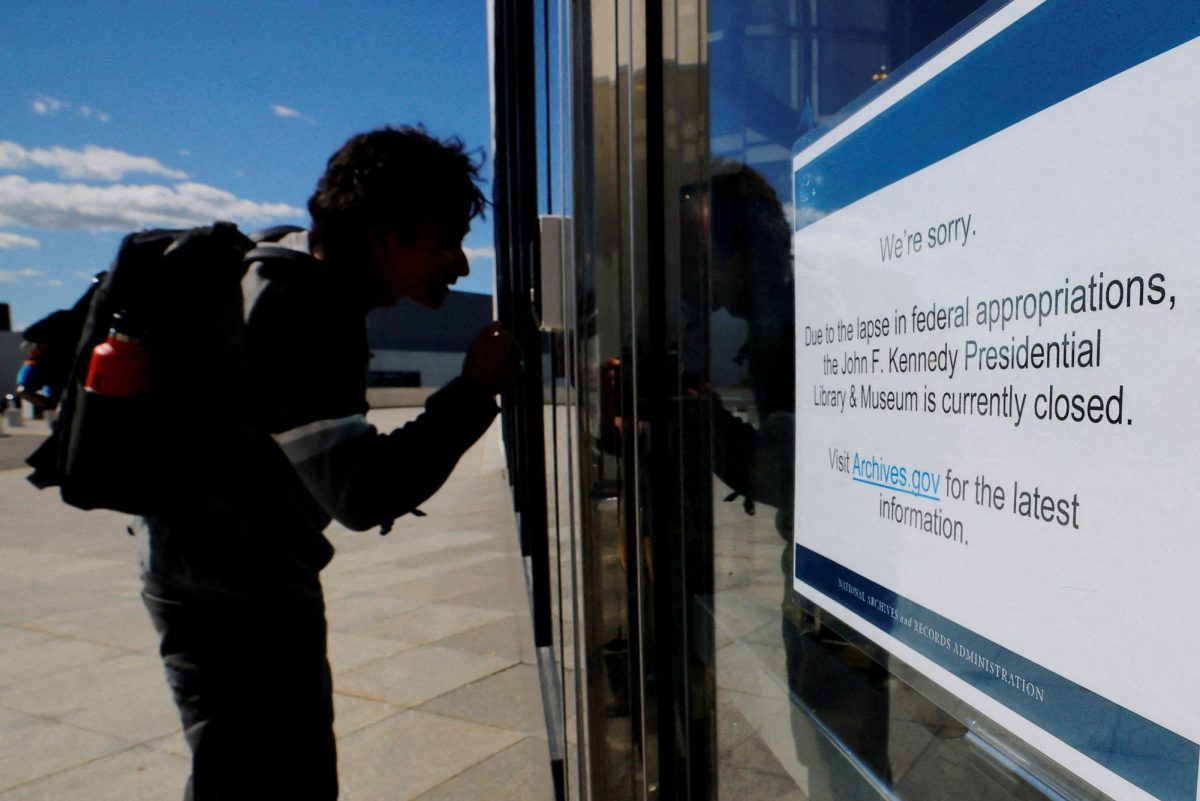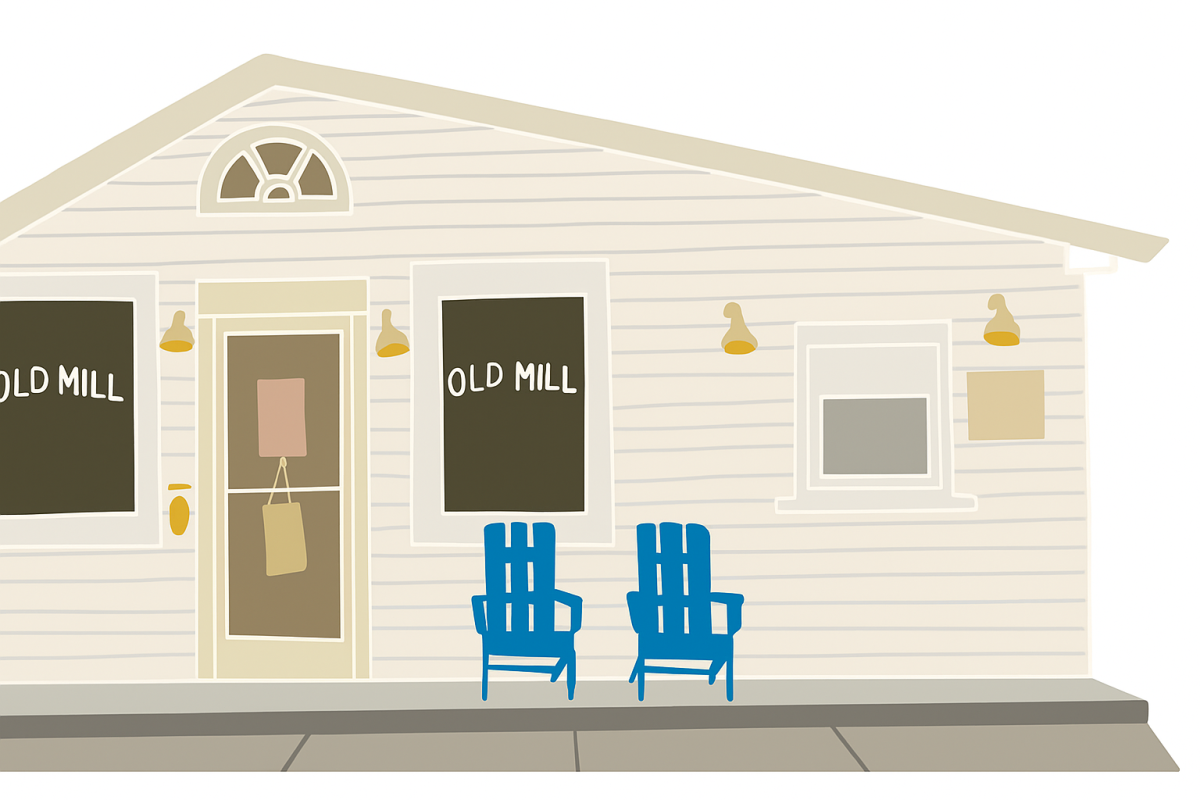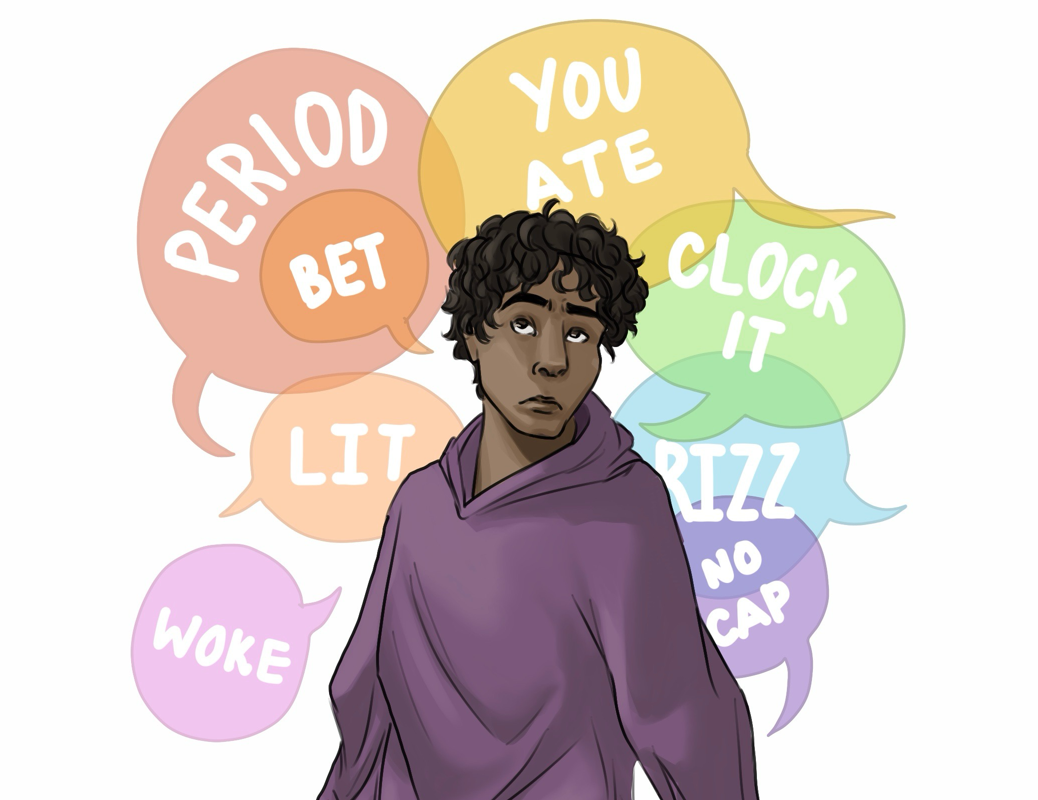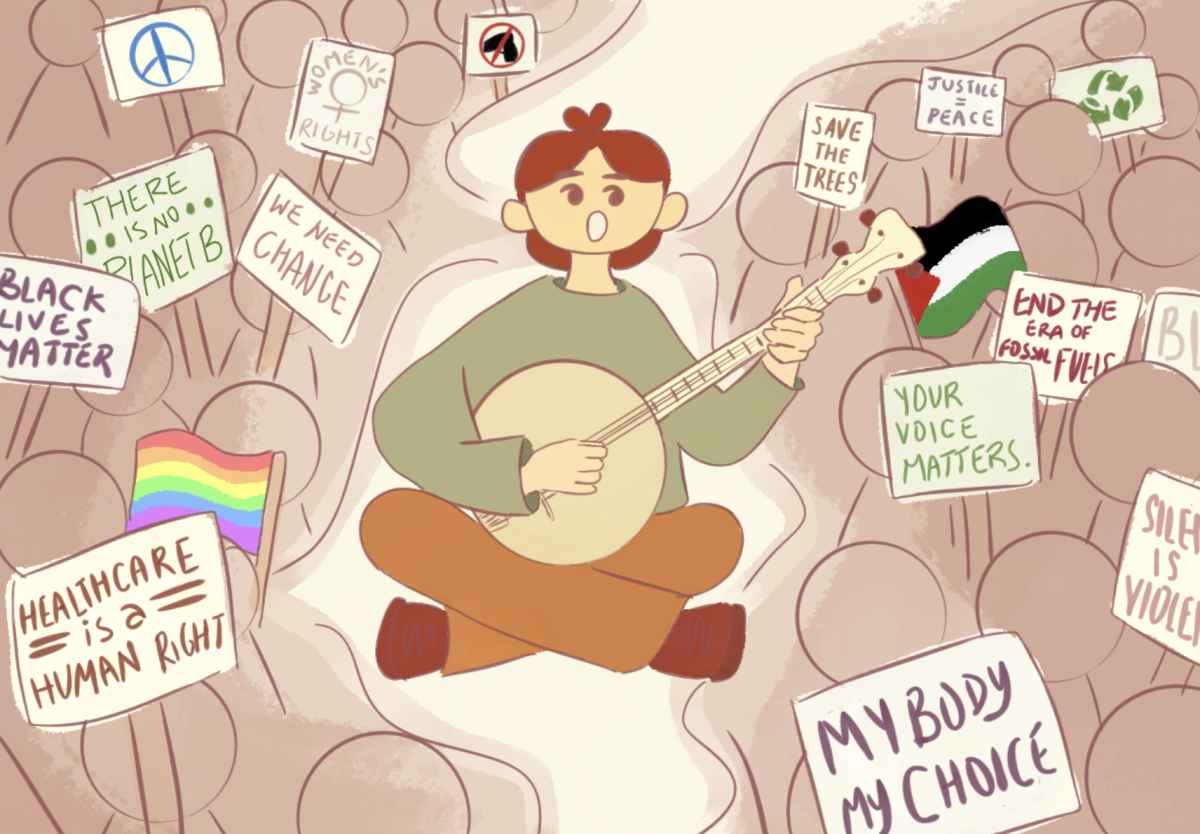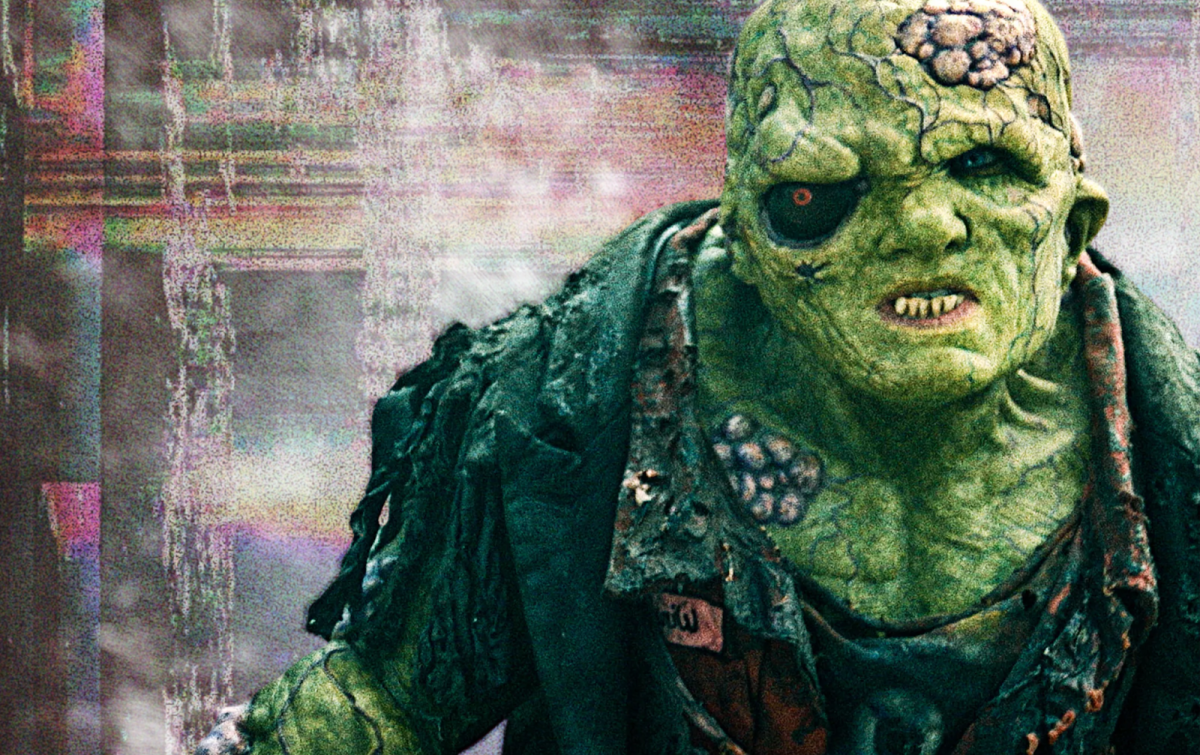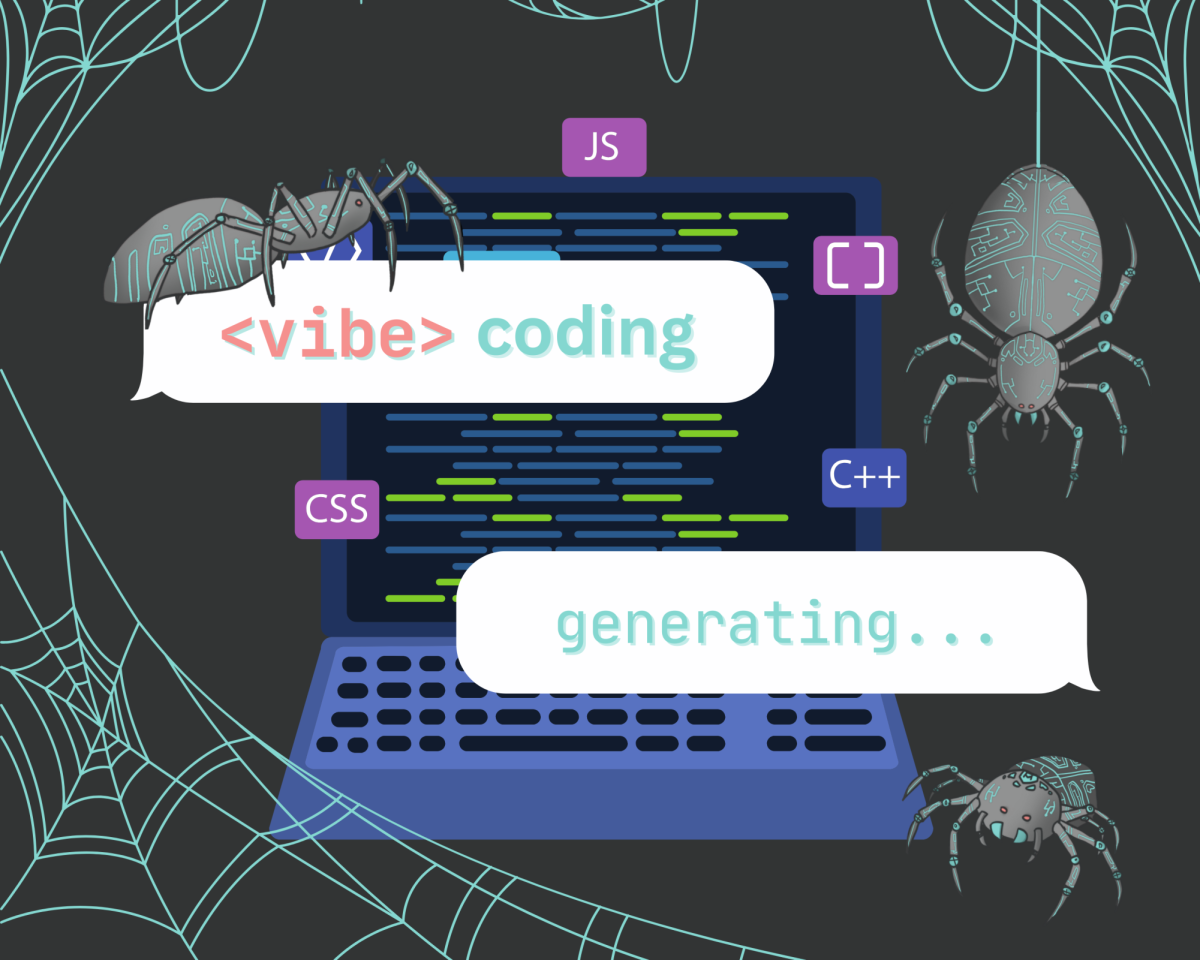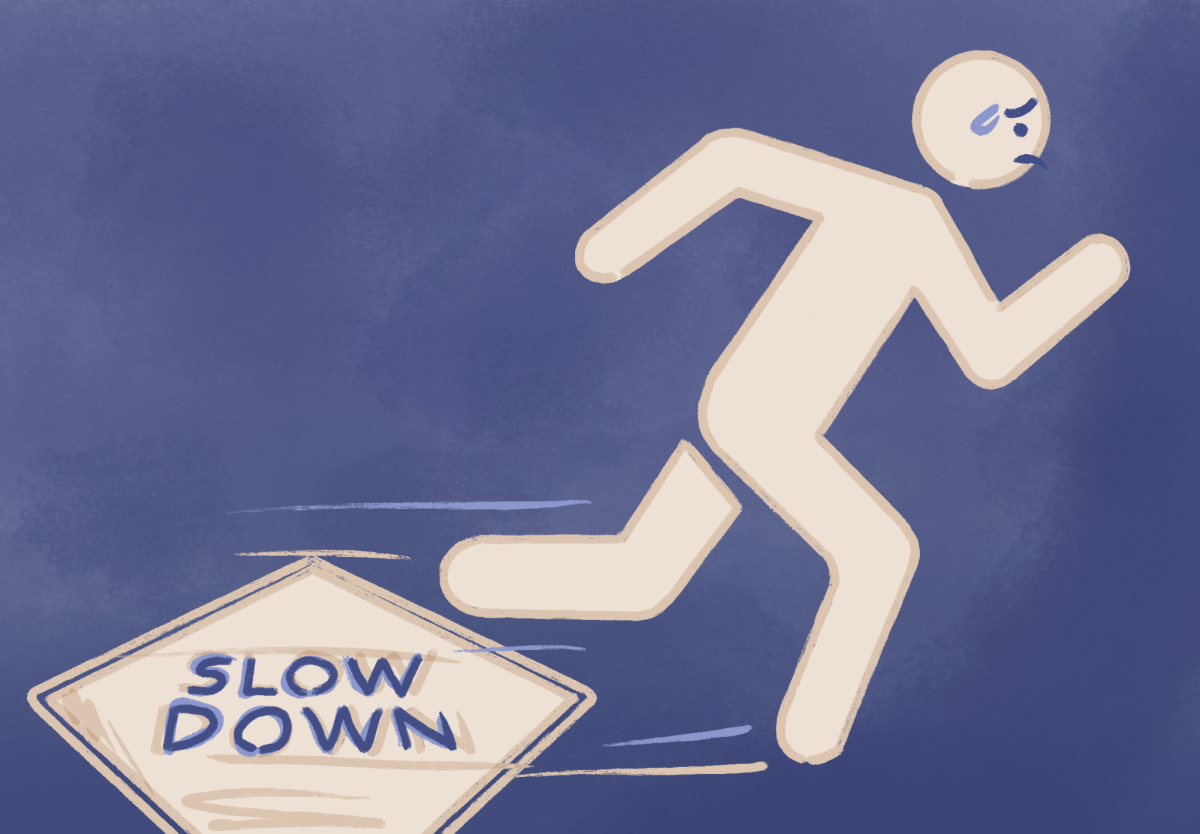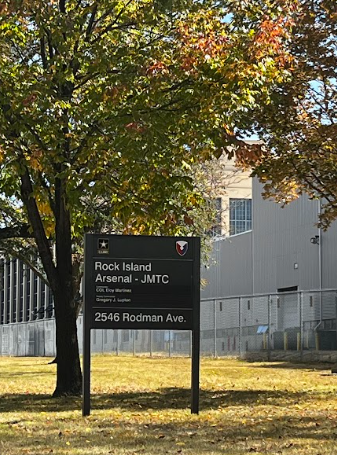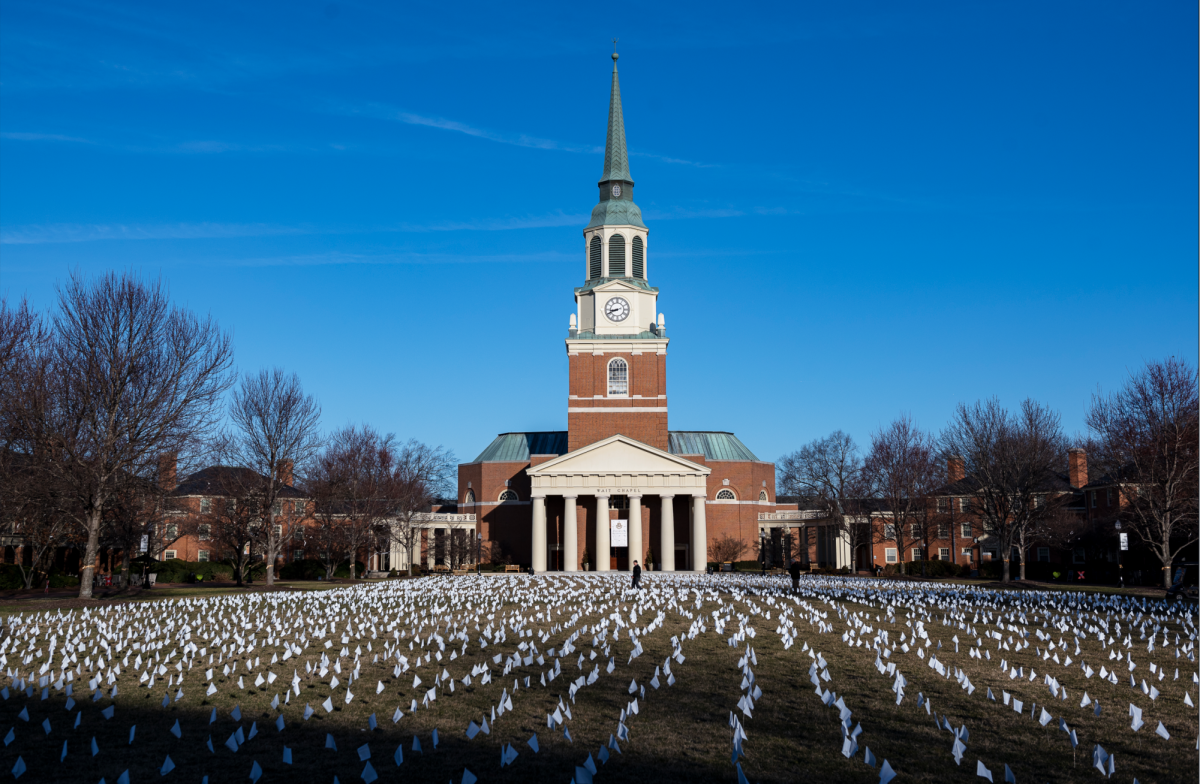Editor’s Note: The Old Gold & Black agreed to grant anonymity to organizers and participants out of concern for the safety and privacy of students.
The Old Gold & Black has made these decisions as part of its commitment to the journalistic principles of “do the least harm” and “seek truth and report it.”
Wake Forest woke up on Feb. 5 to various items in support of Palestine placed around campus. On Hearn Plaza, small, white flags representing children killed in Gaza during the Israel-Hamas war covered the grass, and phrases such as “10,000 kids murdered” and “Justice for Palestine” were written in chalk on the brick sidewalks. Palestinian flags and banners with messages, such as “Ceasefire Now” and “Stop Genocide,” were hung on various buildings around campus — including Reynolda Hall, North Dining Hall and Benson University Center.
By 11 a.m., all materials had been removed by the University.
The flags and banners, which the organizers labeled a “demonstration,” were not associated with a student organization and were distributed by a group of students. In response, the Office of Communications and External Relations sent a campus-wide email at approximately 10:30 a.m.
“Overnight (February 4), several signs and flags were placed around campus, and chalk was used on sidewalks in violation of University policies,” the email read. “Materials that violate policy, prevent or inhibit the intended use of public campus spaces, or are inconsistent with campus processes have been or will be removed. Additional steps will be considered as needed.”
One of the organizers (Organizer A) said in a statement, available in full here, that the demonstration was meant to encourage dialogue and evoke action.
“This demonstration is a cry for compassion and call to action,” they said. “We all need to keep paying attention to Palestine, keep learning and asking questions about its history and our own nation’s involvement in Palestinian oppression and genocide.”
Another organizer (Organizer B) told the Old Gold & Black that 10,000 white flags were purchased, because it reflected the rising number of children’s deaths in Gaza, according to the Gaza Health Ministry. Organizer B said that participants hope to raise awareness and remind students that the conflict in Gaza is still ongoing.
“As this conflict comes forward, each life [lost] is a tragedy,” Organizer B said. “We don’t want those lives to be cheapened in any way. We don’t want them to be forgotten. And we certainly want to make sure [that] people on campus are aware of the issue and that they don’t forget the conflict.”
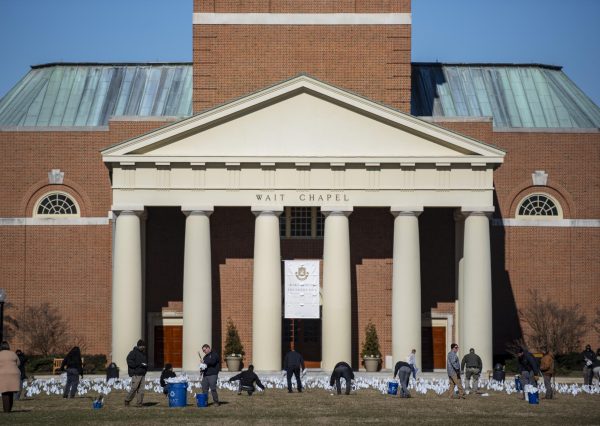
The Israel-Hamas war began on Oct. 7 when the Palestinian militant group Hamas carried out a surprise attack on Israeli towns bordering the Gaza Strip — a Palestinian territory that Israel and Egypt have blockaded for 16 years (Editor’s Note: The Old Gold & Black follows AP Style guidance, which is to refer to Hamas as a militant group). The attacks resulted in the death of 1,200 people. In response, Israel carried out air strikes and sent troops into Gaza. According to the Gaza Health Ministry, more than 26,000 Palestinians have been killed in the war.
Until the posters, flags and written messages around campus this morning, the responses at Wake Forest to the Israel-Hamas war have mainly taken the form of organized events — including vigils hosted by the Jewish community and the Muslim Students Association, as well as a friendship dinner hosted by Wake Forest College Democrats.
Faculty and administrators have also held events in response to the conflict. Four history and politics professors hosted a teach-in to discuss the context surrounding the war. The University held a series of “Holding Space” events to give students and the Wake Forest community a space to reflect on the war. Additionally, Wake Forest hosted bystander intervention training focused on combating Islamophobia and antisemitism.
Wake Forest Chabad posted a response to Monday’s events on their Instagram @chabadwake.
“Like you, we are deeply disturbed that, under the cover of darkness, cowards introduced hate onto our campus,” the post read. “We have been in contact with the campus administration to ensure they take all necessary measures to prevent the recurrence of such incidents and make it unequivocally clear that hate has no place in our cherished University.”
The post continued: “As Jews, we are taught to respond to hate and darkness with love, unity, and light. We are fortunate to have such a wonderful and united Jewish Deac family, and we will continue to focus on being there for each other and offering support. Together, we will overcome! Am Yisroel Chai.”
Organizer B said that the University’s choice to take down the materials is “shameful.”
“It’s shameful that they sent out that email when they preach to us every day about Pro Humanitate and standing up for humanitarian values,” they said. “So when we do that, we would expect support from the University. Not a weird, vague condemnation — which is what I’d call that email.”
Several students were walking on Hearn Plaza as the University removed the flags and banners and washed the chalk from the sidewalk. The Old Gold & Black observed that most of those students briefly looked at the flags on the grass and continued walking. A few stopped to take photos. More people stopped to observe when the University removed the small, white flags.
The Old Gold & Black approached three students, and each individual said that they did not know what the white flags represented and declined to be interviewed.
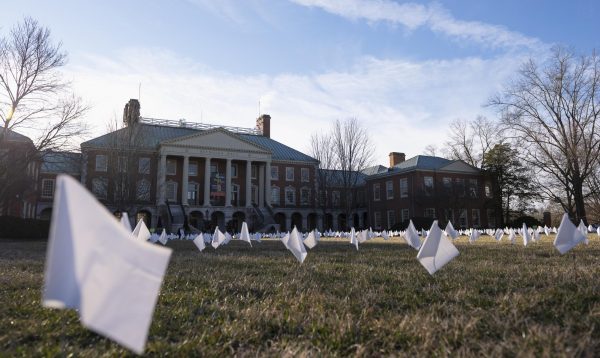
Senior Sarah Cadena responded to a request for comments on the Old Gold & Black’s Instagram.
“Pro Humanitate is about questioning what it means to be human,” Cadena said. “What does it say about us as humans if we are ‘celebrating our 190th birthday’ in ignorant bliss?”
Several individuals shared their thoughts on the anonymous social media app Fizz. A post circulated with a photo of a banner that reads “Ceasefire Now” above a Palestinian flag hung on Reynolda Hall. The caption reads “TW: Disturbing images. This was on the quad this morning. Disgusting and repulsive.” At the time of publication, this post has received more than 200 downvotes, signaling that users disagree with the post.
An anonymous user reposted the above content and wrote, “Some people are really brain dead enough to think that if they vandalize a building in North Carolina then it will help end a conflict 6,500 miles away. Thought we had to be smart to get in here?” (Editor’s note: Gaza is located approximately 6,100 miles from Winston-Salem). At the time of publication, this post received more than 1,500 upvotes.
Another repost reads, “Even if you don’t agree with the other side (like me), labeling this image ‘disturbing, disgusting, and repulsive’ ain’t very productive buddy.” At the time of publication, the post received more than 500 upvotes.
José Villalba, vice president of diversity and inclusion, encourages students to seek support if needed.
“We are a community that works hard to care for others, particularly those who work, learn and live on our campus,” said Villalba in a statement via email. “In that regard, we are ready to assist those who may need support processing today’s events. We encourage reaching out to our office, the University Counseling Center, the Chaplain’s Office or a trusted staff or faculty member.”
This story is part of the Old Gold & Black’s ongoing coverage of the Israel-Hamas war and its effects on Wake Forest’s campus. Our previous coverage, in news and opinion, is available here.
This story was originally published on Old Gold & Black on February 5, 2024.

